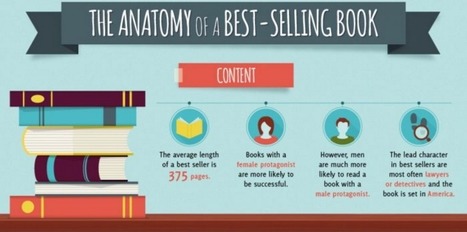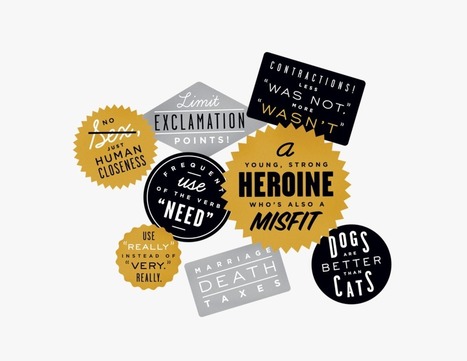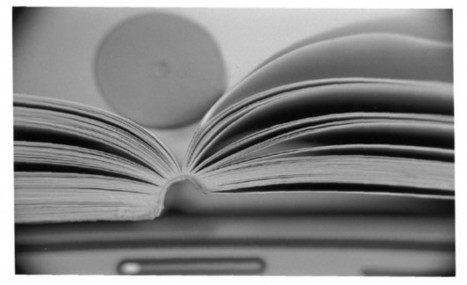We can’t all be J.K. Rowling or Stephenie Meyer, but if you’re working on a book, it’s nice to know what helps with success.
First, don’t get too long-winded: Surprisingly, the average length of a best-selling book is 375 pages. (Lord of the Rings is definitely an outlier here.)
As far as setting goes, most bestselling books are set in the U.S., with lawyers or detectives as main characters. Romance is, by far, the most lucrative genre. Romance books bring in $1.4 billion a year, with crime books in second place. Interestingly enough, people finish romance novels but often ditch religious books.
While the U.S. leads for its publishing industry, Germany, France, China, Japan and the UK also have large markets for authors. If you’re publishing an e-book, Amazon might be the best bet –– the company controls more than half of the e-book market. Authors also get to keep 70 percent of what they make on Amazon....

|
Scooped by Jeff Domansky |
Jeff Domansky's insight:
Here's a great overview of a bestseller and the publishing bbusiness.



 Your new post is loading...
Your new post is loading...














Here's a great overview of a bestseller and the publishing bbusiness.